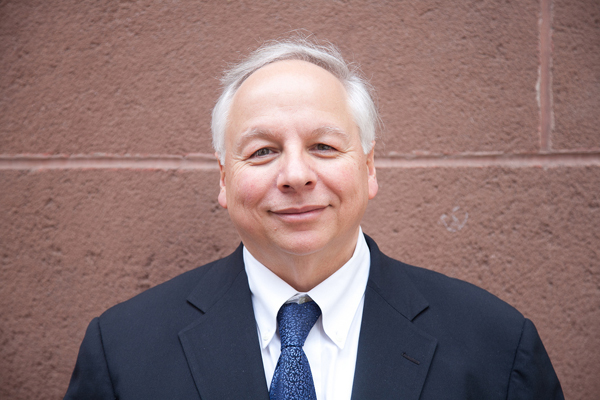Proposals to increase the minimum wage have passed in several areas of the country in recent months, with more pending – including in Massachusetts.
The Federal Reserve Bank of Boston recently released a study of who in New England would be affected by a minimum wage hike to $15 per hour, and the results are illuminating, if not surprising.
The Fed’s analysis did not attempt to determine what effect a minimum wage of $15 would have on the state’s economy, but rather to identify which of the region and state’s workers would be affected by such a move.
The study found that about a third of New England workers made less than $15 per hour in 2014, the most recent year for which data was available; in Massachusetts, 30 percent of workers, or approximately 760,000 employees, fall into that wage category.
Massachusetts’ current minimum wage is $10 per hour, or $20,800 annually. Next year the minimum will rise to $11, or $22,880 annually.
The most recent area median income information available is for 2014; in that year, the median income in Massachusetts was $69,160. The state’s minimum wage in 2014 was $8, for an annual salary of $16,640 – one fourth of the state’s median.
Of course Massachusetts is a diverse geographic region and costs of living can vary widely across its regions, but an annual salary of $16,600 in 2014, or $22,880 next year, realistically isn’t going to go very far.
Moreover – and here comes the not very surprising part – the Fed’s study found that more than 40 percent of the state’s black workers and more than 50 percent of Latino workers make less than $15 per hour. The majority of them are in the retail, health care or restaurant industries, are at least 30 years old and work full-time.
The retail, health care and restaurant industries – which also includes “food services and accommodations” – are generally clustered in urban centers. The cost of living in all of our urban centers, but most particularly Boston, has skyrocketed in recent years. A full-time worker with a $10 hourly wage earns $1,600 per month – before taxes and contributions – just about the monthly rent for a two-bedroom apartment in a decent neighborhood.
That’s another interesting point made by the study: 20 percent of children in Massachusetts in 2014 had a parent making less than $15. Twenty-three percent of the state’s workforce making less than $15 an hour had a bachelor’s degree. And 57 percent of them were women.
Numbers and statistics can be rather dry and dehumanizing, but the picture these numbers paint is one of residents on the margins. Massachusetts has the highest minimum wage of any state in New England. Massachusetts is also on the brink – if not already past the point – of becoming a state of haves and have-nots.
The Fed’s study notes, rather dryly, that “empirical evidence of the impact of actual minimum wage increases on employment presents” a complicated picture.
A minimum wage of $15 per hour is $31,200 annually. The legislature owes it to the 760,000 constituents who earn less than that to take a good, hard look at the numbers and at that complicated picture.






